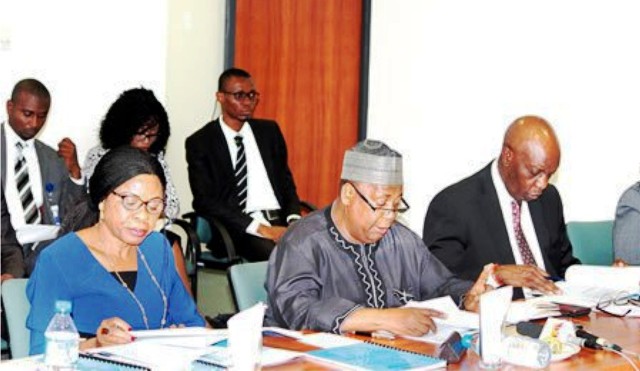Business
Diamond Bank’s PAT Drops To N3.49bn

Diamond Bank’s profit after tax dipped by 38.34 per cent during the financial year ended Dec. 31, 2016.
The Tide source reports that the bank’s profit after tax dropped to N3.49 billion from N5.66 billion recorded in 2015.
These financials are contained in a statement issued by the bank in Lagos on Monday.
It said that the bank’s gross earnings also dropped to N212.41 billion from the N217.09 billion recorded in the preceding year.
The statement said that the bank posted 53 per cent growth year-on-year in total comprehensive income of N12.1 billion, while non-interest income inched by 6.9 per cent to N53.9 billion, ostensibly stimulated by transaction fees.
The statement stated that the bank’s capital adequacy ratio remained stable at 15.0 per cent, equal to the Central Bank of Nigeria’s (CBN) required minimum standard.
It said that revenue from non-interest income, especially its mobile banking, increased from N0.41 billion in 2015 to N2.6 billion in 2016.
The bank’s Chief Executive Officer, Mr Uzoma Dozie, was quoted by the statement as saying that the company’s stable growth continued in spite of the harsh economic headwinds.
Uzoma said that the strategies were primed to promote sustainable growth and profitability in the long term.
He said that the restructuring of bank’s operating model was a key development completed in 2016.
“Following its successful implementation, the emerging model has improved customer engagement, strengthened Diamond Bank’s value chain approach to business and delivered efficiencies across the bank,” he said.
Uzoma said that these measures had helped to improve the bank’s low-cost deposit base from the retail segment, whilst also facilitating growth in non-interest income and reduction in interest expenses.
“In the months ahead, the bank will continue to deploy new technologies and digital applications to drive financial inclusion and convenient banking amidst a decline in the pace of economic activities and weak economic fundamentals,” Uzoma said.
According to him, the bank will also continue to deepen its retail strategy to mop up low cost funds, expand its credit creation structure and increase market share in all market segments.
Business
Agency Gives Insight Into Its Inspection, Monitoring Operations

Business
BVN Enrolments Rise 6% To 67.8m In 2025 — NIBSS

The Nigeria Inter-Bank Settlement System (NIBSS) has said that Bank Verification Number (BVN) enrolments rose by 6.8 per cent year-on-year to 67.8 million as at December 2025, up from 63.5 million recorded in the corresponding period of 2024.
In a statement published on its website, NIBSS attributed the growth to stronger policy enforcement by the Central Bank of Nigeria (CBN) and the expansion of diaspora enrolment initiatives.
NIBSS noted that the expansion reinforces the BVN system’s central role in Nigeria’s financial inclusion drive and digital identity framework.
Another major driver, the statement said, was the rollout of the Non-Resident Bank Verification Number (NRBVN) initiative, which allows Nigerians in the diaspora to obtain a BVN remotely without physical presence in the country.
A five-year analysis by NIBSS showed consistent growth in BVN enrolments, rising from 51.9 million in 2021 to 56.0 million in 2022, 60.1 million in 2023, 63.5 million in 2024 and 67.8 million by December 2025. The steady increase reflects stronger compliance with biometric identity requirements and improved coverage of the national banking identity system.
However, NIBSS noted that BVN enrolments still lag the total number of active bank accounts, which exceeded 320 million as of March 2025.
The gap, it explained, is largely due to multiple bank accounts linked to single BVNs, as well as customers yet to complete enrolment, despite the progress recorded.

